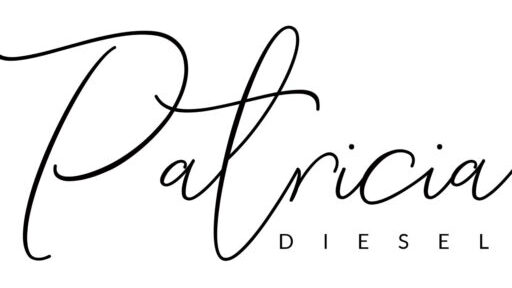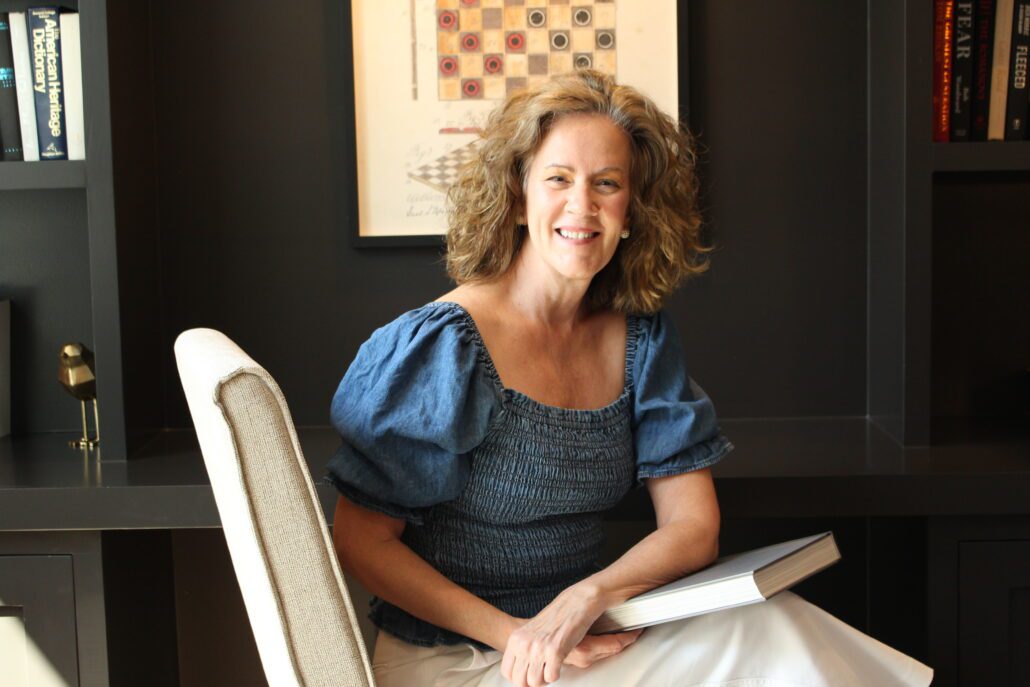We live in a culture that’s constantly in motion. The news cycle refreshes by the minute, social media demands our attention 24/7, and technology updates faster than we can blink. It’s natural to crave something solid and unchanging amid all this chaos. That’s what makes simplicity and organization so essential—and yet, paradoxically, these topics seem to have fallen out of the spotlight. I’ve noticed fewer invitations to speak on organization; fewer event planners highlighting the power of simplicity. The message seems to be: “It’s not trending.”
But if you ask me, it’s exactly what we need right now.
A Culture of Overwhelm
It’s easy to feel overwhelmed when your day is a barrage of calendar alerts, emails, text messages, and a never-ending to-do list. While tools and apps promise to streamline our lives, they often introduce an additional layer of complexity—yet another account to manage, another password to remember. In a world where “busy” is worn like a badge of honor, we risk becoming so inundated by the noise that we forget what it’s like to have a peaceful, well-structured life.
Why Simplicity Still Matters
Despite the waning interest from events or organizations, the need for simplicity has never been greater. Studies from the American Psychological Association (APA) show that chronic stress—often triggered by overwhelming schedules and environments—can lead to anxiety, burnout, and various physical health issues. Meanwhile, a landmark Princeton Neuroscience Institute study found that clutter in the physical environment competes for attention, resulting in decreased performance and increased stress.
The takeaway? Simplifying our spaces, our routines, and our commitments can drastically improve focus, emotional well-being, and overall health.
The Fear of Letting Go
If simplicity is such a proven antidote to chaos, why aren’t more people embracing it? One reason is the fear of letting go. Whether it’s an attachment to possessions, habits, or even digital clutter, letting go can feel like a leap into the unknown. What if I need that item later? What if this system I’m using has some hidden value I’ll lose if I change?
Yet letting go is precisely how we make room for new opportunities, clearer thinking, and genuine freedom. Author Greg McKeown, in his book Essentialism, describes how focusing on the “vital few” tasks and letting go of the “trivial many” can dramatically increase both personal satisfaction and productivity.
Facing the Unknown
Letting go is scary because it forces us to confront possibility. It raises questions of identity: Who am I without all these things, or these routines? However, reframing this perspective can help. Instead of looking at letting go as a loss, we can see it as a gain: more physical space, more mental clarity, more time, and more capacity for meaningful relationships and activities.
Why Simplicity Is the Key to Freedom
1. Mental Clarity: A decluttered environment fosters a decluttered mind. When your surroundings are orderly, it’s easier to think creatively and solve problems. You free yourself from visual distractions, and your brain isn’t constantly multitasking to block out the mess.
2. Emotional Ease: Holding onto excess—be it possessions or commitments—can weigh heavily on the psyche. By gently releasing what no longer serves you, you create emotional space to breathe and process the parts of life that truly matter.
3. Efficiency and Productivity: Unnecessary items or tasks slow us down. Implementing simple, organized systems in your daily routine means you spend less time searching for lost objects or toggling between endless tasks. You gain back hours that can be spent on projects that inspire you or time with loved ones.
4. Greater Self-Awareness: Paring down possessions and commitments forces you to confront what genuinely sparks joy or holds significance. You learn more about your own values and discover what you can live without—often surprising yourself in the process.
Making Simplicity Relevant Again
Though it may not be trending in the mainstream, simplicity is just as relevant—if not more—than ever. We may be collectively tired of chasing “the next big thing” and ready for a return to genuine contentment. Amid global uncertainty and rapid change, simplicity provides a timeless anchor. It’s not a fleeting fad but a lifelong strategy for maintaining balance, peace, and well-being.
What Companies and Event Planners Need to Know
- Universal Appeal: Whether you’re a CEO, a busy parent, or a recent graduate, everyone contends with modern-life overwhelm. Events that focus on simplicity attract attendees looking for real solutions, not just quick hacks.
- Proven Benefits: There’s strong evidence linking organized environments and simplified living to increased productivity, creativity, and morale. This isn’t fluff; it’s a legitimate approach to fostering well-being and efficiency.
- Enduring Demand: While “simplicity” may not be the buzzword of the moment, it resonates deeply with individuals facing burnout and stress. Companies that prioritize it will see lasting results in employee engagement and retention.
A Final Word: Embracing the Freedom of Less
Simplicity and organization might not headline trending topics right now, but that doesn’t diminish their power. In fact, the quieter nature of simplicity may be exactly what we need to hear—especially in a world that’s always shouting at us to do more, buy more, and be more. If we can push past the fear of letting go, we unlock the door to greater peace, freedom, and fulfillment.
Let’s make simplicity relevant again, not just as a fleeting lifestyle choice but as a foundational principle for living with intention and ease. If you’ve felt that same longing for less complexity—and if you suspect that others do too—don’t let the trends fool you. We need to hear this message now, perhaps more than ever.
Because when we clear the clutter—physically, emotionally, and mentally—we create the space for what truly matters.



